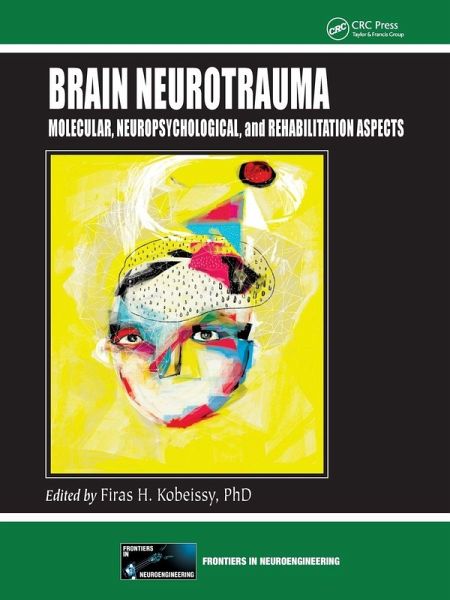
Brain Neurotrauma
Molecular, Neuropsychological, and Rehabilitation Aspects
Herausgeber: Kobeissy, Firas H.
Versandkostenfrei!
Versandfertig in 1-2 Wochen
113,99 €
inkl. MwSt.
Weitere Ausgaben:

PAYBACK Punkte
57 °P sammeln!
With the contribution from more than one hundred CNS neurotrauma experts, this book provides a comprehensive and up-to-date account on the latest developments in the area of neurotrauma including biomarker studies, experimental models, diagnostic methods, and neurotherapeutic intervention strategies in brain injury research. The book discusses n




